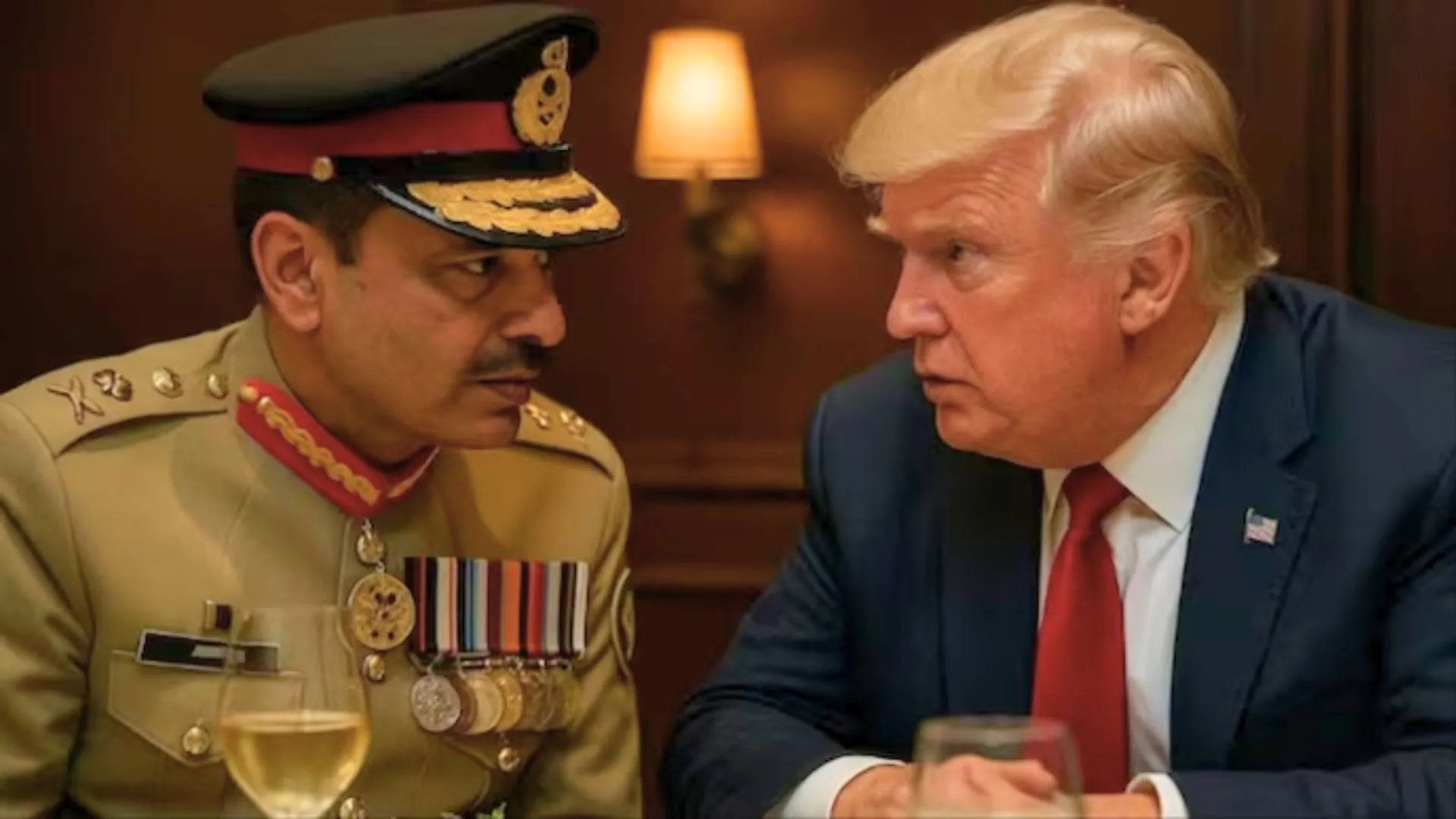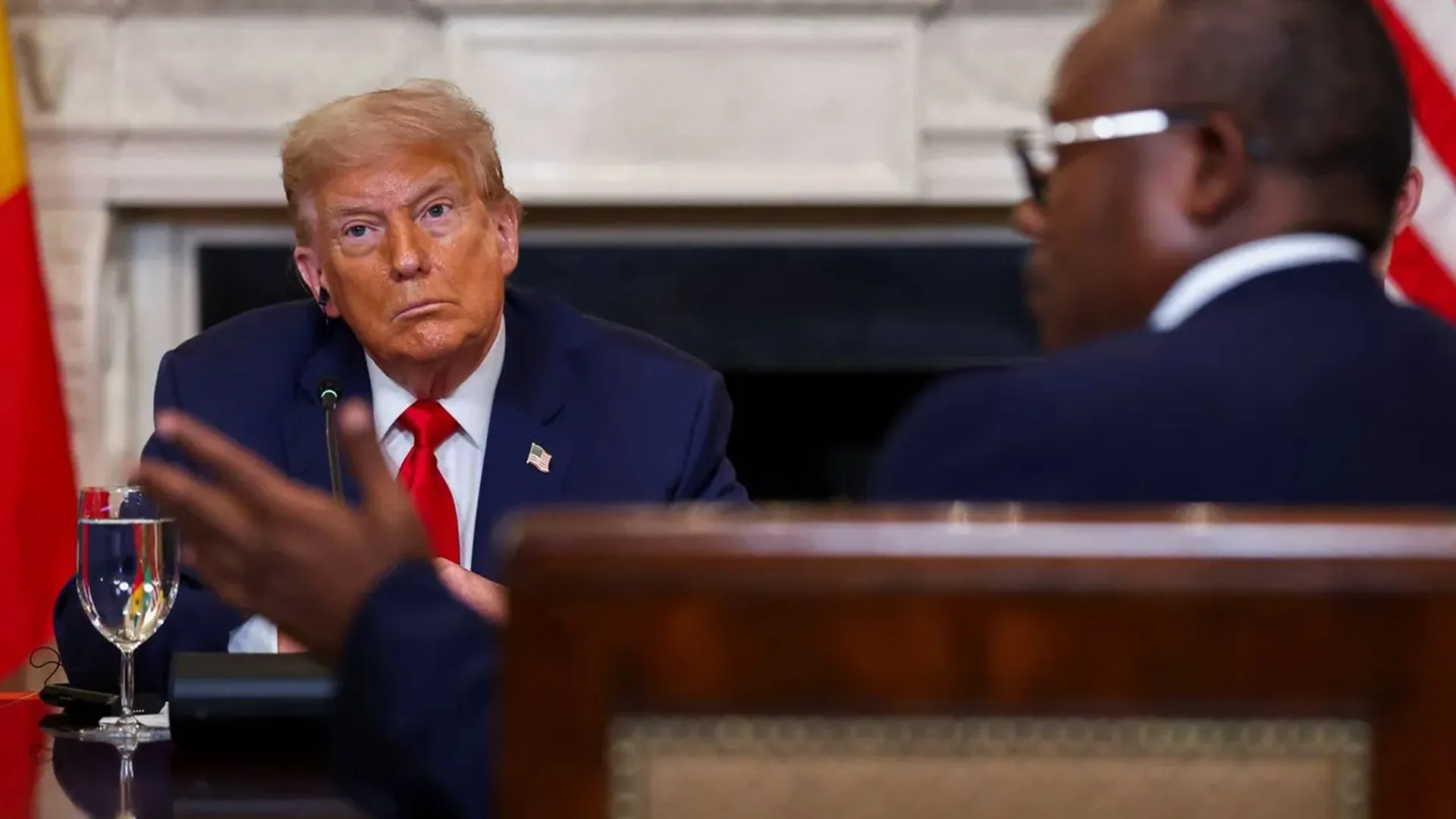The Trump-Munir meeting has triggered a geopolitical crisis for Pakistan. During a unprecedented two-hour closed-door meeting at the White House, US President Donald Trump offered Pakistani army chief Field Marshal Asim Munir largesse. But these largesses were attached to difficult strings: sever ties with China, curtail cooperation with Russia, and take the US side in the event of a conflict with Iran.
These demands leave Munir in a tricky situation, jeopardizing not only the long-standing Pakistani ties with China but also its strategic position vis-a-vis Israel and regional relations.
Trump’s Demands Come with a Heavy Price
Trump’s offer was aggressive. In return for advanced fighter aircraft, substantial economic assistance, and trade-security agreements, he demanded that Pakistan open its military bases and ports to American access. But it didn’t end there. Trump demanded that these rewards come on the condition that Pakistan would distance itself from China and Russia — a proposition that would overturn decades of strategic partnership.
In addition to that, Trump mooted a condition that Pakistan should support the US if he decides to join Israel in hitting Iran. That of itself cancels out Pakistan’s prudent Middle East policy and weakens its historical stance on Israeli issues.
China is Too Deeply Embedded in Pakistan
Trump’s request isn’t merely unrealistic — it’s almost impossible. China is responsible for 23% of Pakistan’s trade and supplies almost 40% of its total foreign investment. The China-Pakistan Economic Corridor alone translates to 2.5% of Pakistan’s GDP. In military terms, Pakistan leaned more on China in the last few years. Almost 80% of its five-year worth of military imports were from Beijing.
This implies that it is not only hard, but impossible, to break away from China. For Munir, saying no to Trump can jeopardize US relations. But saying yes to Trump’s ultimatums can alienate China and put Pakistan’s defense and economic future in jeopardy.
Trump’s “Reset” Risks Strategic Turbulence
This was no ordinary diplomatic meeting. Trump made history by being the first US president to have an official meeting with a Pakistani army chief out of office. Previous generals only saw US presidents when they were at the helm of the military government. The Trump-Munir meeting puts to rest who actually holds the power in Islamabad — the army.
Trump seeks a retooling of US-Pakistan relations at a moment when he has infuriated India by inserting himself into Kashmir and joining hands with South Asian jihadist outfits. His “what can you do for me?” transactional diplomacy could intensify tensions in South Asia.
Asim Munir now navigates a geopolitical tightrope. He can’t ignore Trump’s overtures, but can’t betray China’s long-standing alliance either. If he seeks a middle path, he risks offending both parties. Trump will think him indecisive, and China will interpret it as betrayal. Either way, Munir’s role has never been more complicated — or more vulnerable.






















